Billie Holiday’s haunting song “Strange Fruit” winds beneath the unsettling, satiric humor of Evie Shockley’s poem “you can say that again, billie.” Shockley, jazz singer Cassandra Wilson, historian Robin D.G. Kelley, actor LisaGay Hamilton, novelist Beverly Lowry, and radio host Nick Spitzer join Elisa New to discuss the history of racism, violence, and artistic tradition in the American south.
Special thanks to our humanities advisers: Dr. Joshua Bennett; & Raquel Kennon.
Interested in learning more? Poetry in America offers a wide range of courses, all dedicated to bringing poetry into classrooms and living rooms around the world.
by Evie Shockley
you can say that again, billie
southern women serve strife keep lines of pride open
trees are not taller than these broad vessels femmes who
bear fully armored knights clinking from the womb but
a night in whining ardor means black woman compelled how
strange brown vassal on a bed of green needles ingests the
fruit of georgia let that gestate but be-gets no child of the south
blood tells the story do you salute old gory were you born
on a white horse or a black ass everything depends upon
the way your rusty lifeflow writes sutpenmanship if it
leaves blond scribbled across your scalp hurray
and blue inscribed in your eyes praise the cause your literary
blood wins the gene pool its a prize hide your mama baby
at worst you’re a breast-seller compelling octorune but
the best cellars are dark and earthy humid places where fears take
root and grow up to be cowboys yee-haw
you can say that again, billie
southern women serve strife keep lines of pride open
trees are not taller than these broad vessels femmes who
bear fully armored knights clinking from the womb but
a night in whining ardor means black woman compelled how
strange brown vassal on a bed of green needles ingests the
fruit of georgia let that gestate but be-gets no child of the south
blood tells the story do you salute old gory were you born
on a white horse or a black ass everything depends upon
the way your rusty lifeflow writes sutpenmanship if it
leaves blond scribbled across your scalp hurray
and blue inscribed in your eyes praise the cause your literary
blood wins the gene pool its a prize hide your mama baby
at worst you’re a breast-seller compelling octorune but
the best cellars are dark and earthy humid places where fears take
root and grow up to be cowboys yee-haw
“you can say that again, billie,” from a half-red sea (Carolina Wren Press, 2006). Copyright 2006 by Evie Shockley.
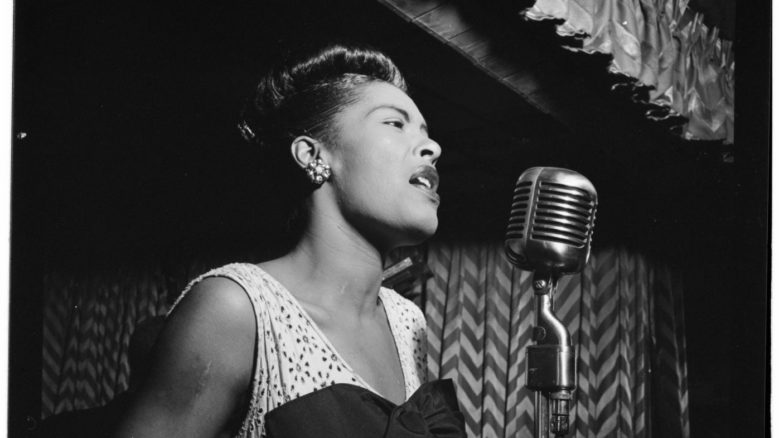
Evie Shockley's poem "you can say that again, billie" borrows from Billie Holiday's 1939 song "Strange Fruit"—a song protesting the lynchings of Blacks in the South—to produce a powerful and deeply moving text on race and memory in America. Shockley explores both where we've come from—our history of anti-Black violence, both during and after slavery and up to the present day—and where we, as a country, might go from here. Image courtesy of Library of Congress.
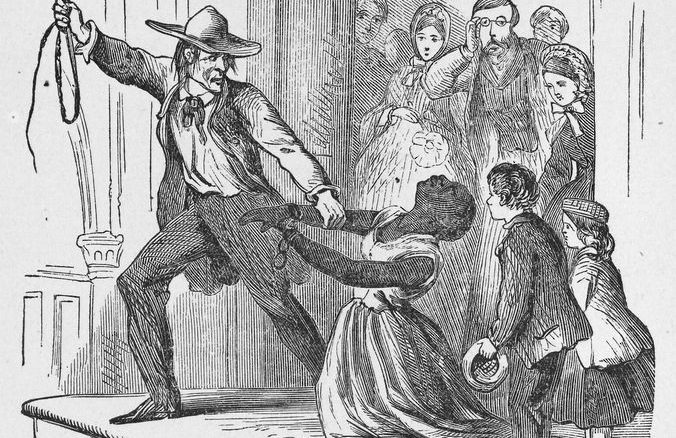
"It's the story of white supremacy and it's the story of slavery. It's the story of the South, really" - Writer Beverly Lowry. Image credit: New York Public Library.
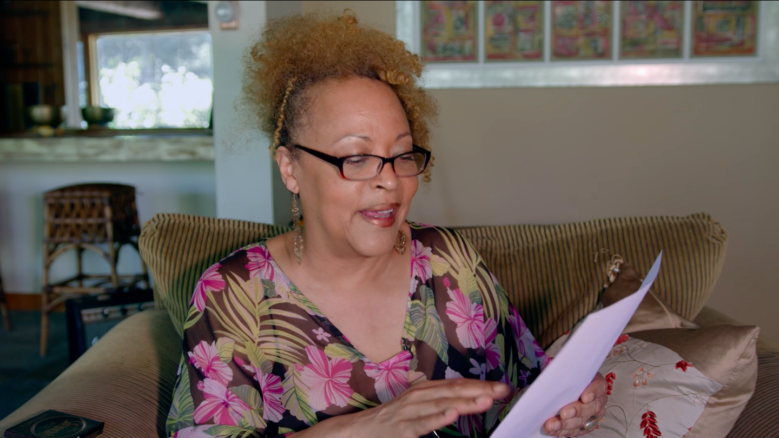
Vocalist, songwriter and producer Cassandra Wilson reflects on America's racial history, and the many traumas of slavery that live on to the present day: "The poem really exposes a deep cut, a wound, almost an original pain from which we all have yet to heal."
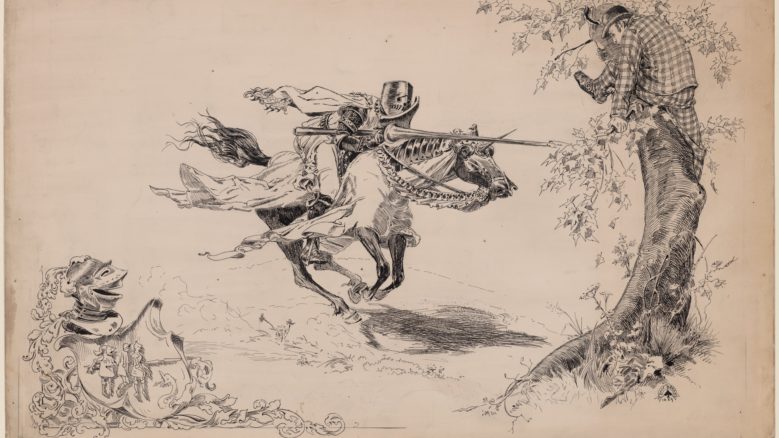
Shockley's poem evokes images of Southern chivalry, knights whose code of "honor" is rooted in the violent and cruel oppression of others: "trees are not taller than these broad vessels femmes who / bear fully armored knights clinking from the womb." Image courtesy of Library of Congress.
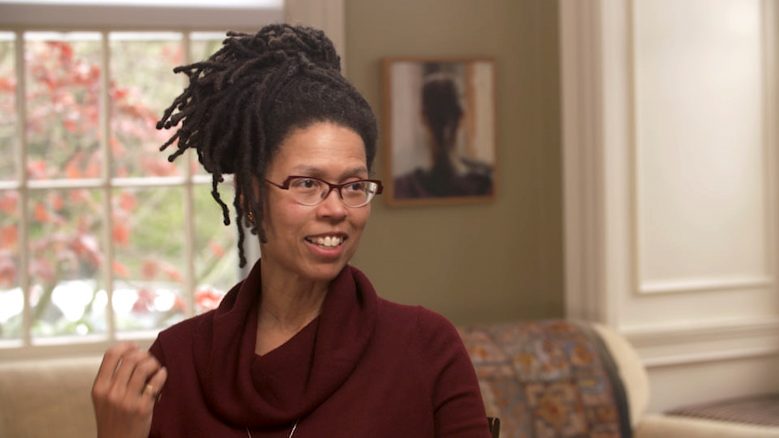
"I want to give readers a way to bear it, not to ignore it or laugh and brush it off—but it's the kind of humor that, it's balancing tears" - Poet Evie Shockley

"This is a bedroom story, right? This is a hidden story. This is a story that's not in the public domain and it's the truth" - Historian Robin D. G. Kelley
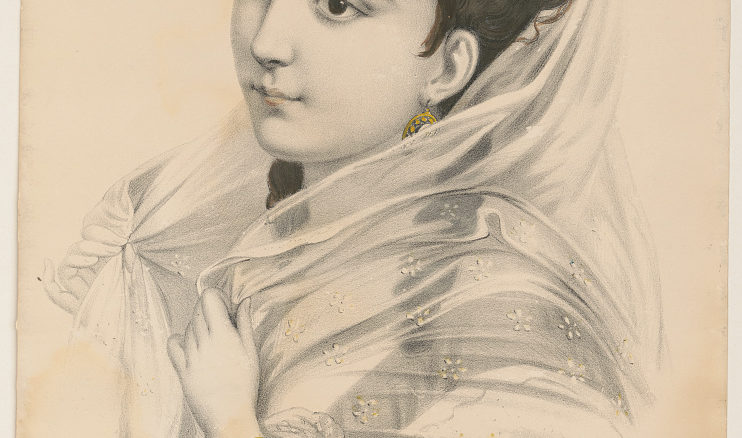
The figure of the "Southern belle" looms large in Shockley's poem: white women who, while navigating the deeply patriarchal society of the historic South, nevertheless participated in the oppression of Blacks. Image credit: Library of Congress.
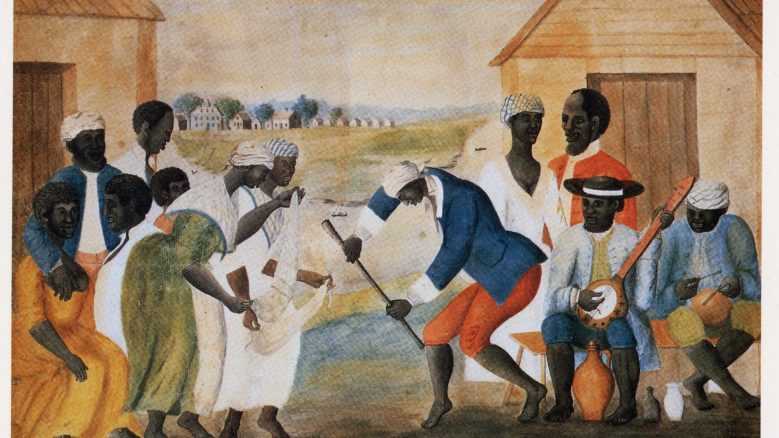
Music—from blues and bluegrass to Billie Holiday's jazz—thrums through Shockley's poem as well as through the history of the South. Image credit: Abby Aldrich Rockefeller Folk Art Museum.